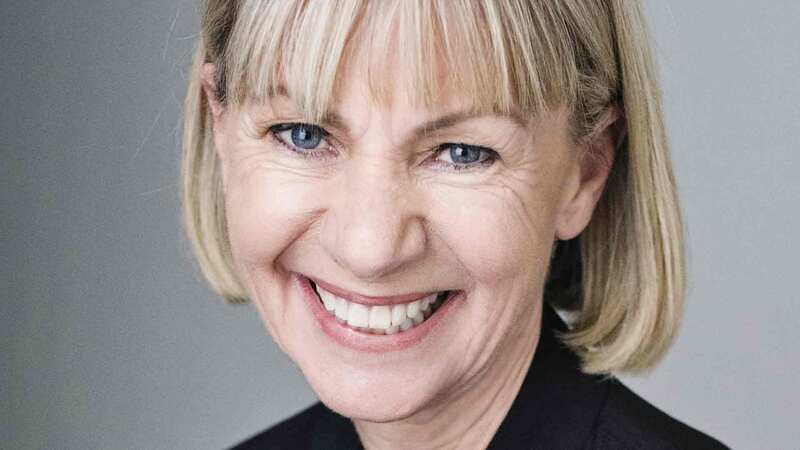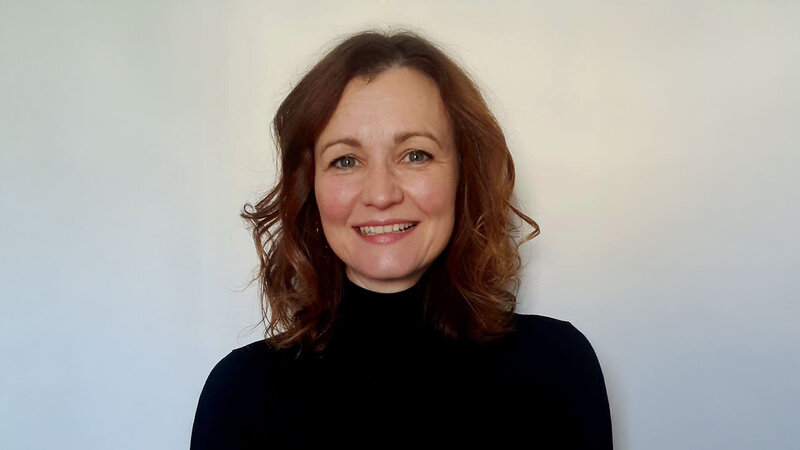You are viewing your 1 free article this month. Login to read more articles.
Review of 2015: Print's seven-year itch scratched
In recent years, a good way to sober up in January was to read one of The Bookseller’s Review of the Year features. From 2008 to 2014, our annual round-ups were doom-laden dirges, with the print market falling yearly through Nielsen BookScan - the drop over the duration of that period totalled £403m, or 22%. But times are a changin’; 2015 is a bubbly-popping Review of the Year. After green shoots of abating decline in 2014, last year broke the print market’s miserable run, recording the first rise in sales for seven years.
How much did the market improve? Well, this takes a bit of explaning as 2015 was one of BookScan’s occasional 53-week years - the extra seven-day period is added to recalibrate the calendar in order to make historical and future comparisons more accurate. If we compare like for like - 2014’s 52 weeks against the first 52 BookScan weeks of 2015 - the market jumped a healthy 6.6% to £1.49bn, £92m up on 2014’s total. Volume rose a shallower 3.7% to 187.3 million units sold, almost seven million more copies year on year.
Add that 53rd week and the TCM cracked the £1.5bn (£1.51bn) and the 190m copy (190.6m) mark for the first time since 2012. Incidentally, in the 2015 Reviews of the Year that will run over the next few weeks, we will largely use 52-week versus 52-week data to make like for like comparisons. In instances where no comparisons are made, such as this week’s 2015 charts, we will use the full 53-week data set.
Print’s resurgence will come as no surprise to readers of The Bookseller as the TCM has been strong right out of the gate. In the first week of January 2015, the TCM was 10.7% up on the same week in 2014, and as 2015 rolled on the market never once dipped into the red.
The key number for 2015 is £7.95. That is the average selling price for the year, the highest since BookScan records began in 1998. The other key stat: 23.9%. That was 2015’s percentage off r.r.p., the lowest in 10 years. In short, part of print’s 2015 success was due to the fact that books were sold at a higher price (21p greater per book than in 2014) and discounted less (2014 discount was 26.6%; 2010-12 had a three year span of all-time highs, between 29.3-29.8%).
BookScan cannot reveal sales through specific retail channels, but part of this shift in pricing was undoubtedly down to what is understood to have been a good year for specialist booksellers - especially Waterstones - and a difficult one for (discount-friendly) supermarkets. Bookshops, the channel that discounts least - and, crucially, its customers are inclined to pay more - assuredly had a greater part of the print pie in 2015.
Or maybe retailers are moving away from the strategy of giving the most popular books massive discounts. Take Michael Joseph’s hugely successful adult Ladybird parody range, written by TV scriptwriters Jason Hazeley and Joel Morris. Its massive Christmas success - the series sold 1.2m units for £7.3m in nine weeks - was achieved with an average of just 13% off the titles’ r.r.p. Similarly, Italian author Elena Ferrante’s My Brilliant Friend (Europa Editions) - originally published in 2012, it was the unlikely fifth-bestselling General & Literary Fiction title by value in 2015 (£1.2m) - had an average discount of just 9.9% off the list price.
Let us not get overly carried away. Discounting is still very much part of the bookselling puzzle, shown by our 2015 number one, E L James’ Grey (Arrow). The unexepected return of Christian Grey easily topped the annual chart, by a stunning 400,000 copies. James’ novel is currently the 48th bestselling book since BookScan records began in 1998.
Top 50 2015
The bestseller by value crown went to a resurgent Jamie Oliver. Mining the clean eating trend of early 2015, led by the likes of Ella Woodward’s Deliciously Ella (Yellow Kite) and Amelia Freer’s Eat. Nourish. Glow. (Harper Thorsons), the celeb chef’s Everyday Super Food (Michael Joseph) earned £4.9m through BookScan, a 49% rise on Jamie’s Comfort Food’s (Michael Joseph) 2014 total.
It was another smashing year for kids’ king David Walliams. Overall, he sold £10.7m through the TCM (17.5% up on his 2014 TCM total), led by Grandpa’s Great Escape (HarperCollins Children’s).
Children's Books Top 20 2015
Paula Hawkins didn’t start the psychological thriller trend, but she may have perfected it. The Girl on the Train (Doubleday) smashed Dan Brown’s The Lost Symbol’s all-time record of 19 weeks as the Original Fiction number one, spending 25 out of the 53 chart weeks atop that list. The book sold almost 672,000 copies in all physical editions, for £6.1m. In e-book, Transworld says Hawkins has sold over 700,000 units, while Audible UK announced her novel was its most downloaded audiobook of 2015.
Original Fiction Top 20 2015
After the 2014 success of Zoe “Zoella” Sugg and Alfie Deyes, we asked in these very pages whether YouTubers would be a flash in the pan or a sustainable publishing phenomenon. The answer in 2015 has been the latter, resoundingly so. Sugg and Deyes have repeated their 2014 triumphs - two Top 50 nods for Sugg, one for Deyes, and sales of £3.5m and £1.7m respectively - and the non-fiction bestseller lists are peppered with vloggers who have muscled out more “traditional” celeb books - among the new wave are Dan Howell and Phil Lester’s The Amazing Book is Not on Fire (Ebury) and Tanya Burr’s Love, Tanya (Penguin). And it was not limited to non-fiction. Joe “Broella” Sugg’s graphic novel - illustrated by Amrit Birdi - sold a stunning 119,000 units to become the second-bestselling Graphic Novel since records began.
Meanwhile, six of the top seven Paperback Non-Fiction titles are colouring books, led by Millie Marotta’s Animal Kingdom (Batsford). A colouring book was the Paperback Non-Fiction number one for 29 weeks in 2015 - Animal Kingdom topped the chart an impressive 22 times.
Paperback Non-Fiction Top 20 2015
Six colouring books earned more than £1m through the TCM, underscoring another huge difference between 2014 and last year: more big books. Four titles earned £4m or above in 2015, none hit those heights in 2014. Sixty titles shifted more than £1m through the TCM in 2015, while just 49 topped seven figures in 2014.

















